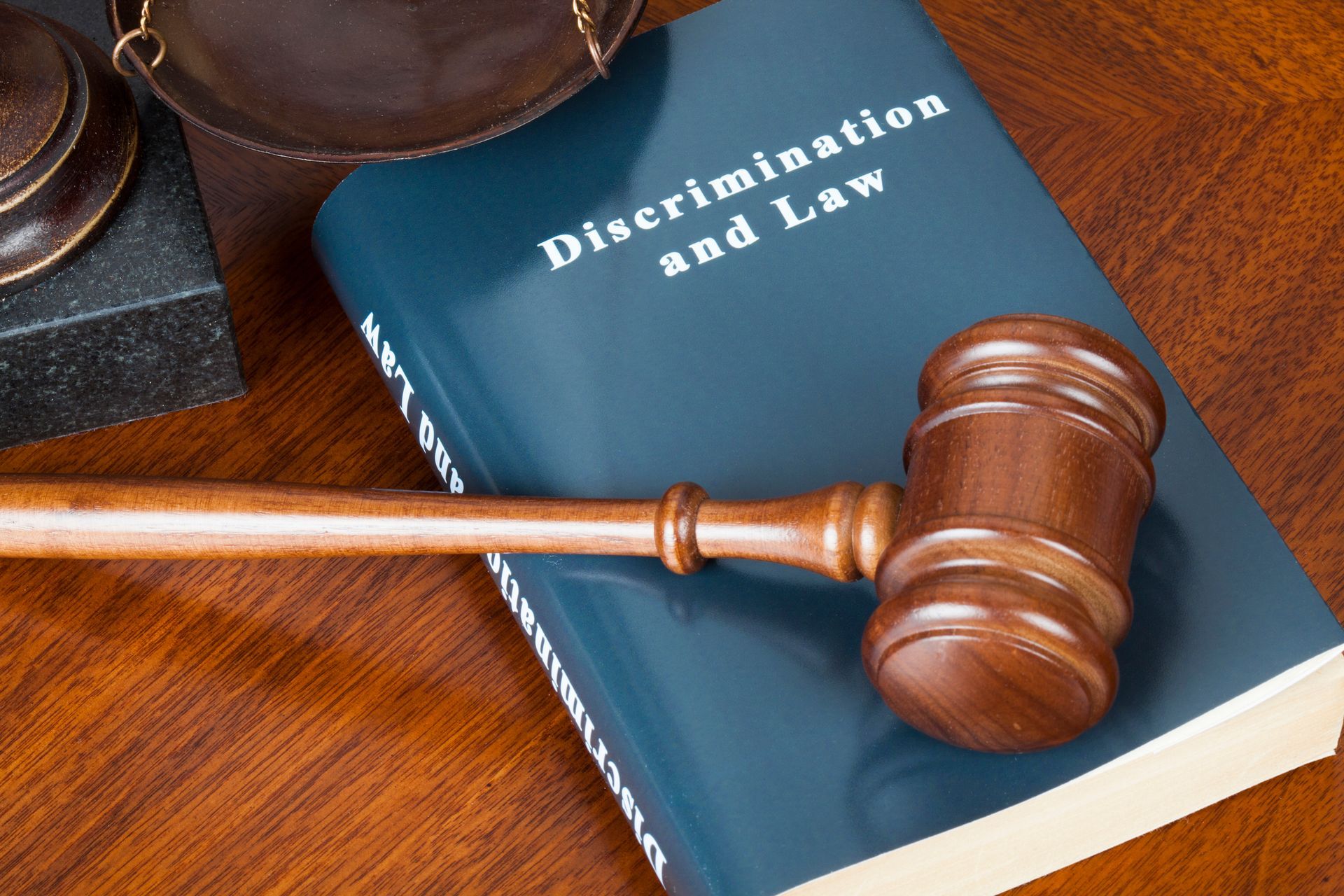Understanding a Hostile Work Environment

According to statistics gathered by Business Insider, Americans spend 90,000 hours over the course of their lifetime at work. Unfortunately, 87 percent of Americans feel no passion for their work, and 80 percent are completely dissatisfied with their job.
Job dissatisfaction is often due to factors such as inadequate pay or a lack of benefits, but sadly, some people find themselves with a far greater problem — a hostile work environment. Here is what you should know if you suspect you are in this situation.
What Is a Hostile Work Environment?
Just because you may have to deal with unpleasant circumstances or people at work does not mean that it is necessarily a hostile work environment. A hostile work environment is classified as such only when harassment is present, but to establish legal liability, this means the offending workplace behavior must be discriminatory in nature.
According to the U.S. Equal Employment Opportunity Commission, harassment must consist of unwelcome behavior that is based on a person's race, color, national origin, religion, sex, age (40 or older,) disability, or genetic information.
So a hostile work environment consists of behavior that discriminates against one or more of these factors and is pervasive. Here are some examples:
- Offensive jokes
- Suggestive comments
- Racial, sexual, and religious slurs
- Threats of physical violence
These are just a few of the many behaviors that a court may find legally constitute a hostile work environment. The behavior doesn't necessarily need to be directed at you, either. For example, while you may not be the target of discrimination, the offensive behavior may still be bothersome.
When an employee must endure perpetual harassment by their employer, supervisor, or coworker in order to continue employment, or the pervasive behavior is deemed intimidating, abusive, or hostile by the employee, the offending behavior may be illegal.
Additionally, it is illegal to harass anyone who files a discrimination charge, participates in investigations, or reports discriminatory practices. It is also illegal for an employer, supervisor, or coworker to retaliate against an employee for reporting a specific action such as safety violations.
What Is Not a Hostile Work Environment?
A coworker who constantly gossips or a supervisor who yells may be unpleasant to deal with and create a negative environment, but their nasty behavior is not illegal unless it is discriminatory. In other words, someone you may work with may be unpleasant to be around, but as long as their behavior is based on a personality defect rather than your race, sex, or other protected classification, it isn't illegal.
How Should You Deal with a Hostile Work Environment?
If you feel you are being harassed, you should firmly tell the person to stop the offending behavior. Unfortunately, this is often easier said than done. For example, you may feel intimidated by the person or the offender may be your supervisor.
People may also be reluctant to be viewed as a troublemaker or they may be fearful of retaliation from their boss or coworkers if they speak up about unwanted, offensive, and hostile behavior. However, in order to prevent escalation of a hostile situation, you need to tell management so they can take corrective action.
While employers should proactively work to prevent a hostile work environment to begin with by implementing a zero-tolerance policy, conducting training workshops, and taking other preventative measures, they cannot correct a problem unless they are aware that the problem exists.
Once management is aware of a problem, they need to take immediate corrective actions. If they don't, they may be liable.
The best way to inform management is to review your company handbook or the mandatory Federal Labor Law poster in your workplace and see who in management should receive the complaint AND make sure your complaint is submitted in writing! Be clear and explicit about what was said and what was done to you … i.e. don’t hold back or be polite – it hurts your credibility later. If the harasser used dirty words or phrases, write them down verbatim in the complaint.
If you feel you are being harassed at work or are in a hostile work environment, contact us today to discuss your particular situation and the next steps.
Alabama Rules of Professional Conduct Notice: No Representation is made that the quality of legal services offered is greater than that of other lawyers. The information contained on this website is not a substitute for legal advice and reading it does not create an attorney-client relationship.









